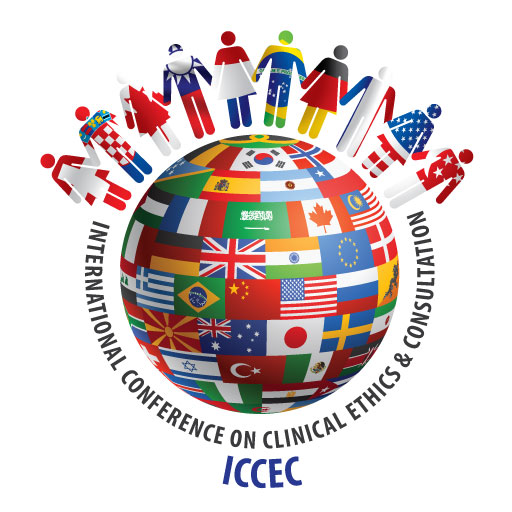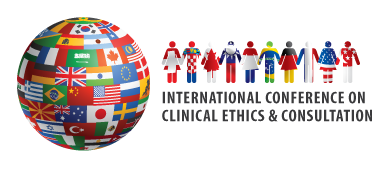Pitfalls and Potentials of A New Clinical Ethics Consultation Service: An Experience from Turkey
Murat Civaner
Uludag University School of Medicine, Department of Medical Ethics
Bursa, Turkey
Although it has been a routine component of healthcare in North America and European countries for a couple of decades, it is almost ‘unborn’ for the other countries. It could be claimed that as of the year 2010 clinical ethics consultation (CEC) was almost absent in Turkey reserving for some sporadic examples. Considering this problem, it was aimed to establish a CEC service in Uludag University Centre for Health, Practice and Research (UU-CHPR), located in Bursa, the fourth most populated city of Turkey.
In the first phase, a cross-sectional survey was conducted to determine the quantity and quality of CEC needed. It was found that there was a substantial unmet need for CEC services, and the majority of clinicians stated that they would use it in a variety of situations.
In the light of this needs assessment, a Hospital Ethics Committee (HEC), comprised of 11 members, was established in 2012 within the UU-CHPR. It has a directive about its structure and functions, which states its main functions as “Case consultation, Policy review, and Education.”
Three years after the establishment of the Committee, a retrospective research on the applications was conducted to examine how the Committee was utilized by the healthcare workers and patients, and what were its effects on guidance on dilemmas and improving healthcare.
Two-thirds of the applicants are patients and the issues largely related to right to health, patient rights, and claims of infringement of professional obligations in the context of specific cases. Applications involving CEC request, on the other hand, have a share of only 6.1% in total.
Since the Committee members have not undergone any specific training in ethical analysis in general, they are prone to making mistakes in both spotting the existence of ethical problems and determining the justifiable option with due regard to relevant rights and obligations when confronted with a range of options. The members, who are mostly clinicians, may adopt a paternalistic angle, and tend to protect their colleagues. The absence of healthcare workers other than physicians in the Committee as well as patient representatives makes it difficult to express different views and have these views taken into account. Prioritization of legislation in processes of decision making shifts the weight to existing legislation in case of any mismatch between ethics and legislation. In addition to these, perhaps the most important problem source is giving priority to economic considerations in decision-making.
In spite of difficulties mentioned, the Committee still has a meaningful role to play in improving healthcare and reducing cases of violation of rights. In this sense, primary objectives should include a) increasing applications, or more correctly utilization of the HEC, b) ensuring continuous improvements in HEC decision making processes, and c) strengthen the implementation of decisions of HEC policy / guideline development. Promoting HEC as a consultancy service by organizing activities to inform clinicians and patients will boost awareness. Besides, it may be rewarding to train clinicians in recognizing and finding solutions to ethical problems in their daily practice. Ensuring participation of all parties into moral deliberations as much as possible could provide more accountability and trust, and therefore increase applications to HEC. There is a need for conducting researches, preferably qualitative ones, in order to gain insight about clinicians’ mind set, expectations and the conditions surrounding them, and to develop initiatives accordingly. In addition, what must be done in order to prevent the emergence of many problems is to promote, in longer term, a culture that integrates CEC into all available services. It can be envisaged at this point that health policies would play a crucial role besides institutional support.

